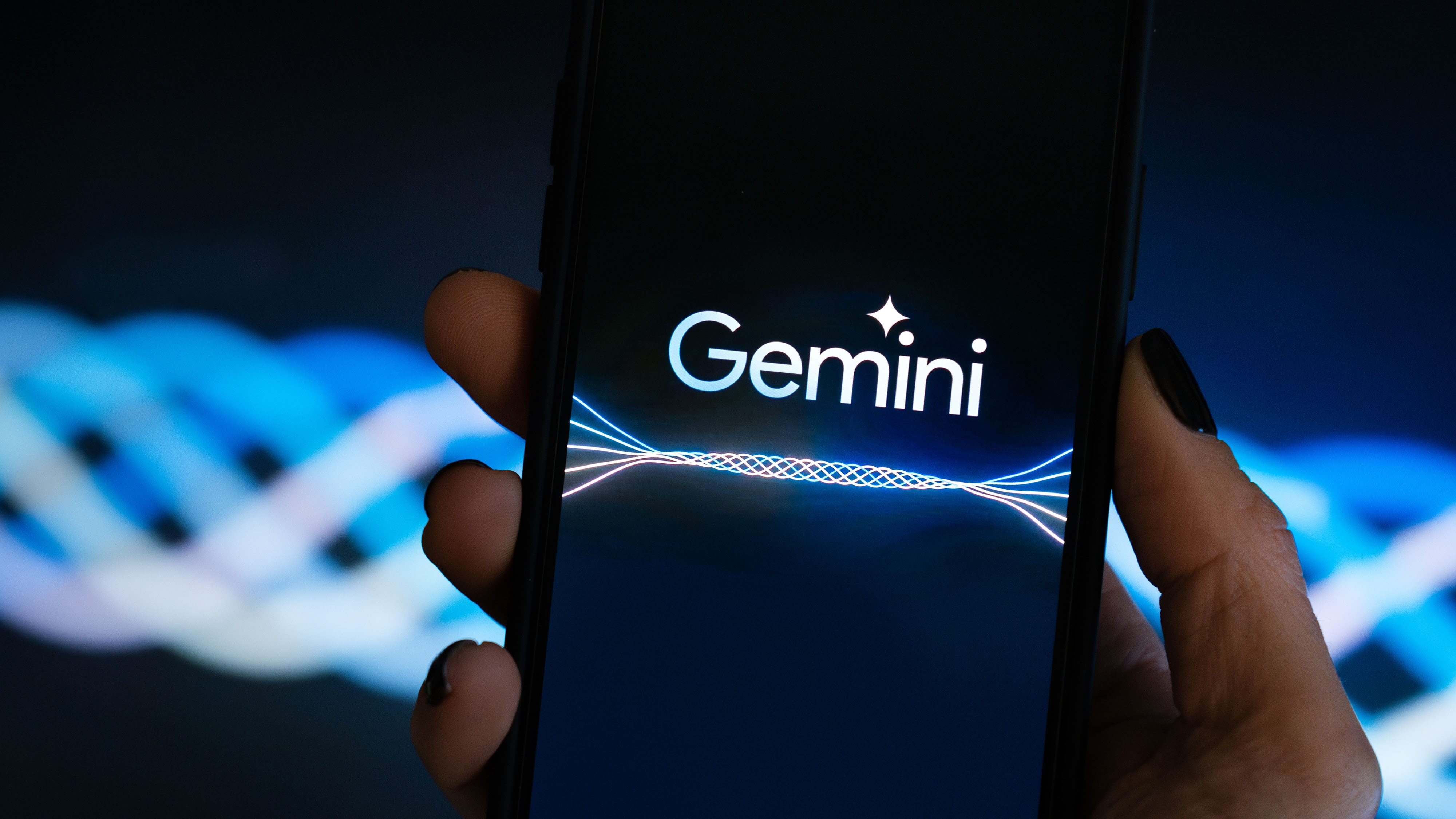‘True crime’ YouTube channel removed over AI-generated stories

The creator of a true crime YouTube channel is now using the pseudonym “Paul” after a viewer outed him to the police for creating fake news and alleging it was true.
Though the YouTuber reportedly pulled millions of views for his crime stories, his channel was deactivated after reporter Elizabeth Hernandez was tipped off by several viewers about a crime in Littleton, Colorado.
However, the story, ‘Husband’s Secret Gay Love Affair with Step Son Ends in Grisly Murder,’ was completely fake and made by Paul using both ChatGPT and AI imagery.
Hernandez soon contacted the police about the YouTuber’s many videos, in which he tried to pass off fake news as real by using AI.
True Crime YouTuber wanted to challenge viewers’ interest in racy crimes
Following the deactivation of his YouTube channel, Paul told 404 Media that his main intention in creating fake ‘true’ crime news was to make viewers question why they were so interested in such lewd acts.
“I’m trying to overdose the viewer on luridness, to try to confront them with the fact that they seem to be so invested in the luridness of it all. People’s secret lives, their secret affairs that are really taboo.
“It needs to be called ‘true crime,’ because true crime is a genre. I wanted [the audience] to think about why they care so much that it was true, why it matters so much to them that real people are being murdered.”
Paul was initially influenced to create his true crime content after watching Dateline and realizing how much interest there was in the genre.
 Unsplash: maxim hopman
Unsplash: maxim hopmanBefore his account was made unavailable, the true crime YouTuber worked full-time to create up to two videos a week, which took 2.5 hours to finish a piece.
When asked why his channel was deactivated, Jack Malon, a YouTube representative said, “We terminated the channel in question for multiple violations of our Community Guidelines, including our policies covering child safety that prohibit the sexualization of minors.”
Though Paul was forced to step away from sharing his AI-generated crime stories, AI continues to take over the media industry.
In December 2024, Sora, an AI generator, recreated a scene from Pokimane’s Twitch streams. The circumstance led copyright attorney Evan Everist at Dorsey & Whitney to confront how Sora could potentially be held liable for copyright for not getting the AI photo of Poki approved by her first.
The month prior, a church in Switzerland began using an AI Jesus to give patrons their confessionals. The internet was fairly divided after its news went viral, as some felt it wasn’t “sacrilegious.”
Source link







